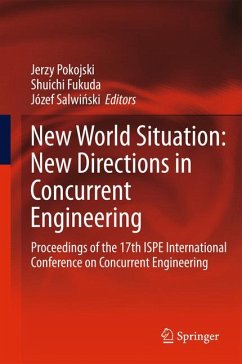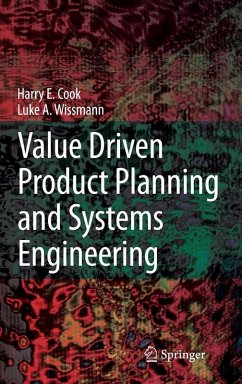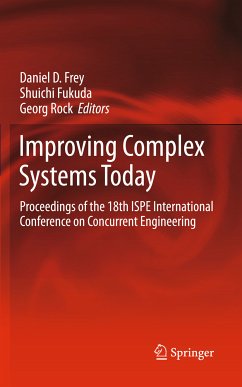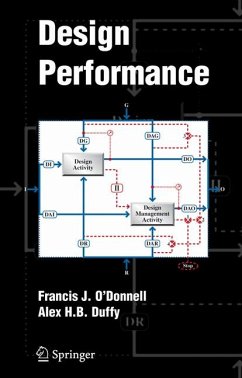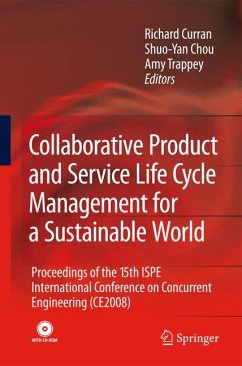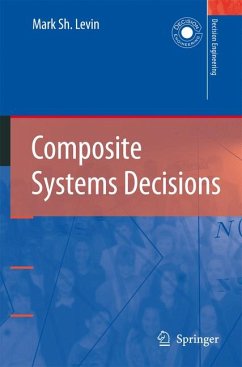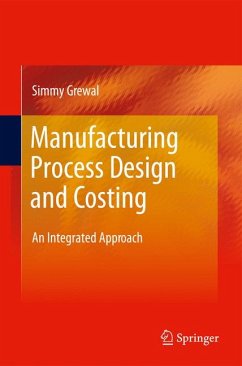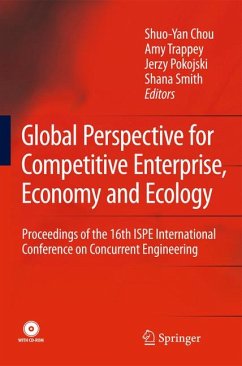
Global Perspective for Competitive Enterprise, Economy and Ecology (eBook, PDF)
Proceedings of the 16th ISPE International Conference on Concurrent Engineering
Redaktion: Chou, Shuo-Yan; Smith, Shana; Pokojski, Jerzy; Trappey, Amy J. C.
Versandkostenfrei!
Sofort per Download lieferbar
232,95 €
inkl. MwSt.
Weitere Ausgaben:

PAYBACK Punkte
116 °P sammeln!
Global Perspective for Competitive Enterprise, Economy and Ecology addresses the general theme of the Concurrent Engineering (CE) 2009 Conference - the need for global advancements in the areas of competitive enterprise, economy and ecology.The proceedings contain 84 papers, which vary from the theoretical and conceptual to the practical and industrial. The content of this volume reflects the genuine variety of issues related to current CE methods and phenomena. Global Perspective for Competitive Enterprise, Economy and Ecology will therefore enable researchers, industry practitioners, postgra...
Global Perspective for Competitive Enterprise, Economy and Ecology addresses the general theme of the Concurrent Engineering (CE) 2009 Conference - the need for global advancements in the areas of competitive enterprise, economy and ecology.
The proceedings contain 84 papers, which vary from the theoretical and conceptual to the practical and industrial. The content of this volume reflects the genuine variety of issues related to current CE methods and phenomena. Global Perspective for Competitive Enterprise, Economy and Ecology will therefore enable researchers, industry practitioners, postgraduate students and advanced undergraduates to build their own view of the inherent problems and methods in CE.
The proceedings contain 84 papers, which vary from the theoretical and conceptual to the practical and industrial. The content of this volume reflects the genuine variety of issues related to current CE methods and phenomena. Global Perspective for Competitive Enterprise, Economy and Ecology will therefore enable researchers, industry practitioners, postgraduate students and advanced undergraduates to build their own view of the inherent problems and methods in CE.
Dieser Download kann aus rechtlichen Gründen nur mit Rechnungsadresse in A, B, BG, CY, CZ, D, DK, EW, E, FIN, F, GR, HR, H, IRL, I, LT, L, LR, M, NL, PL, P, R, S, SLO, SK ausgeliefert werden.



